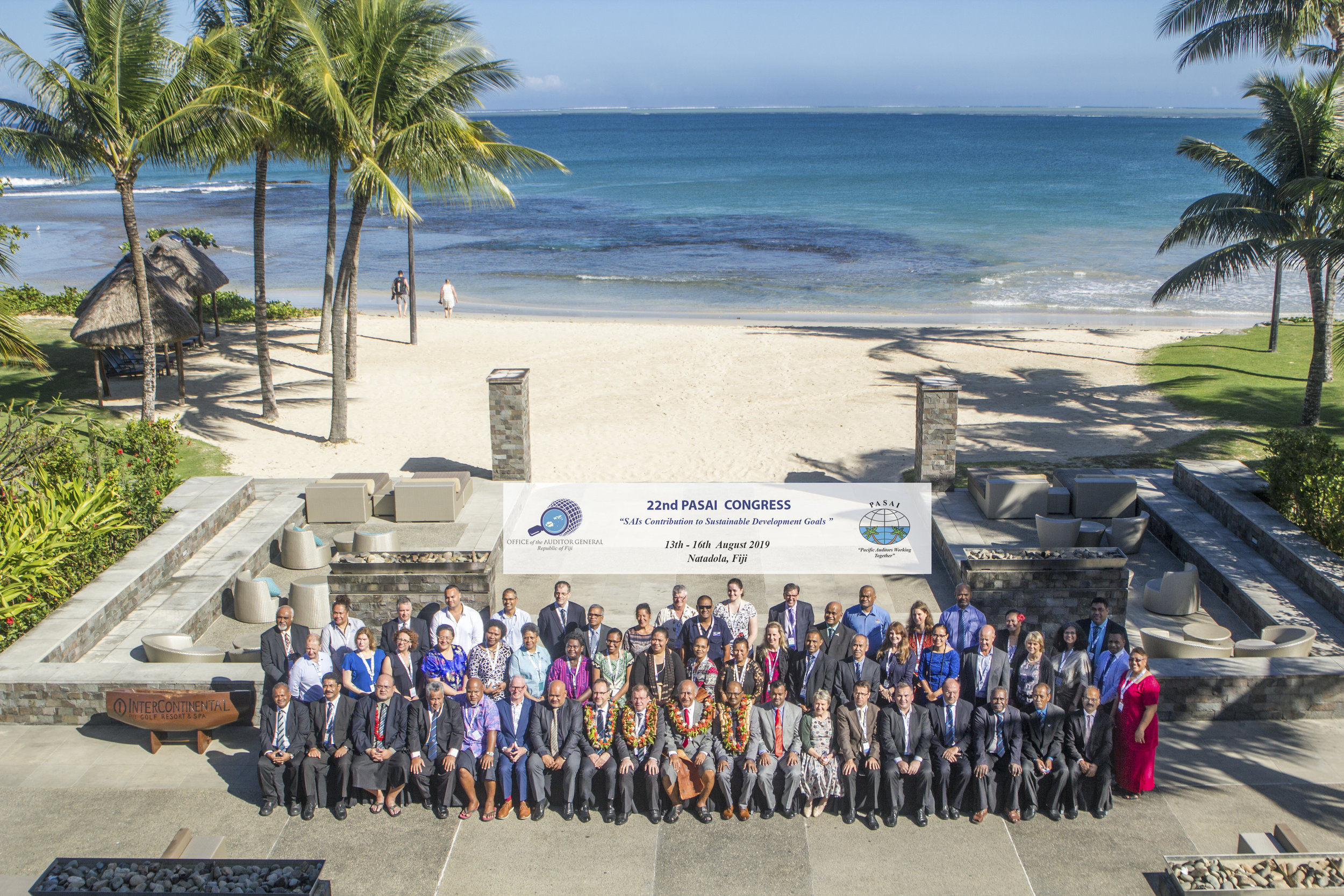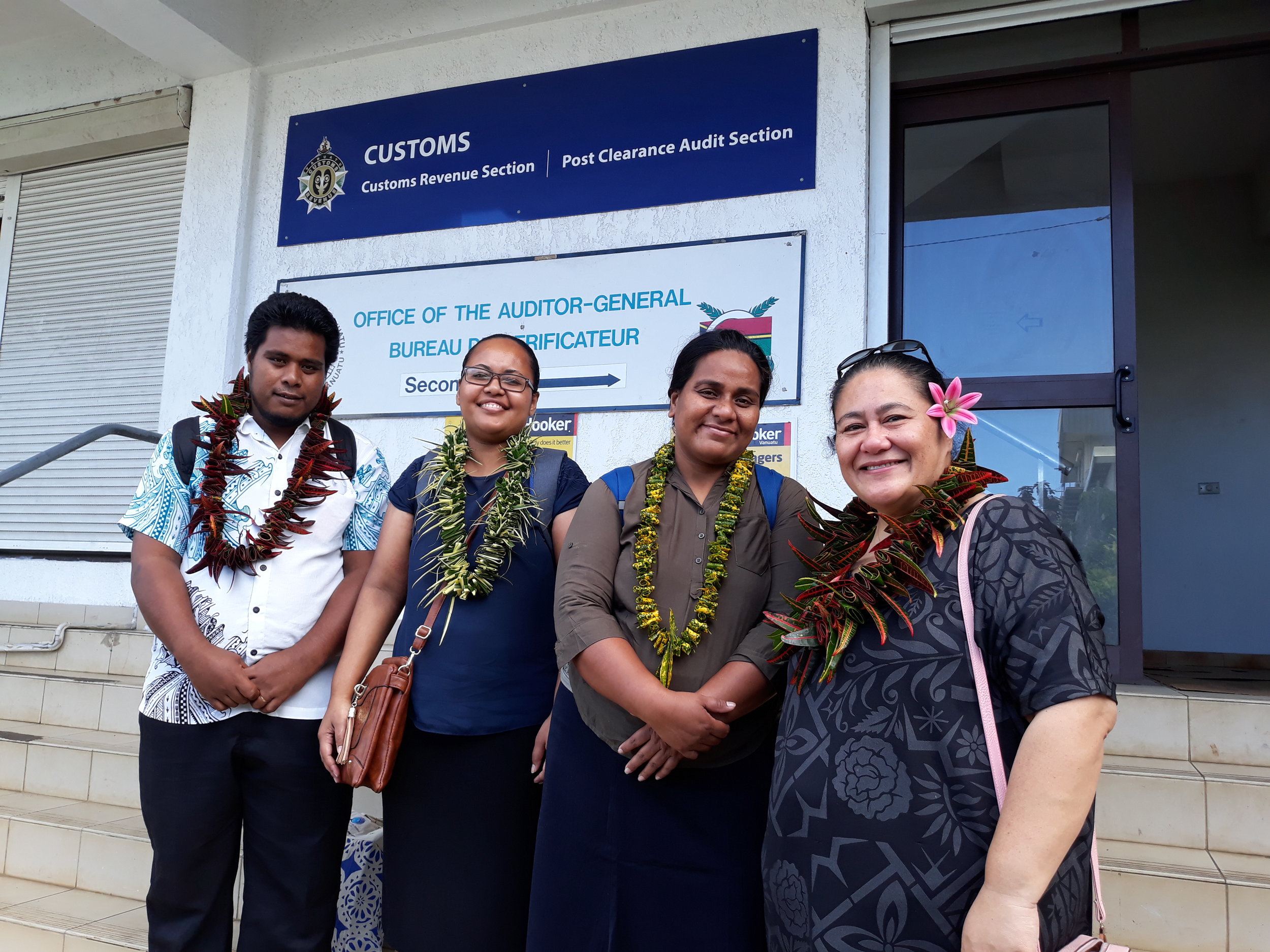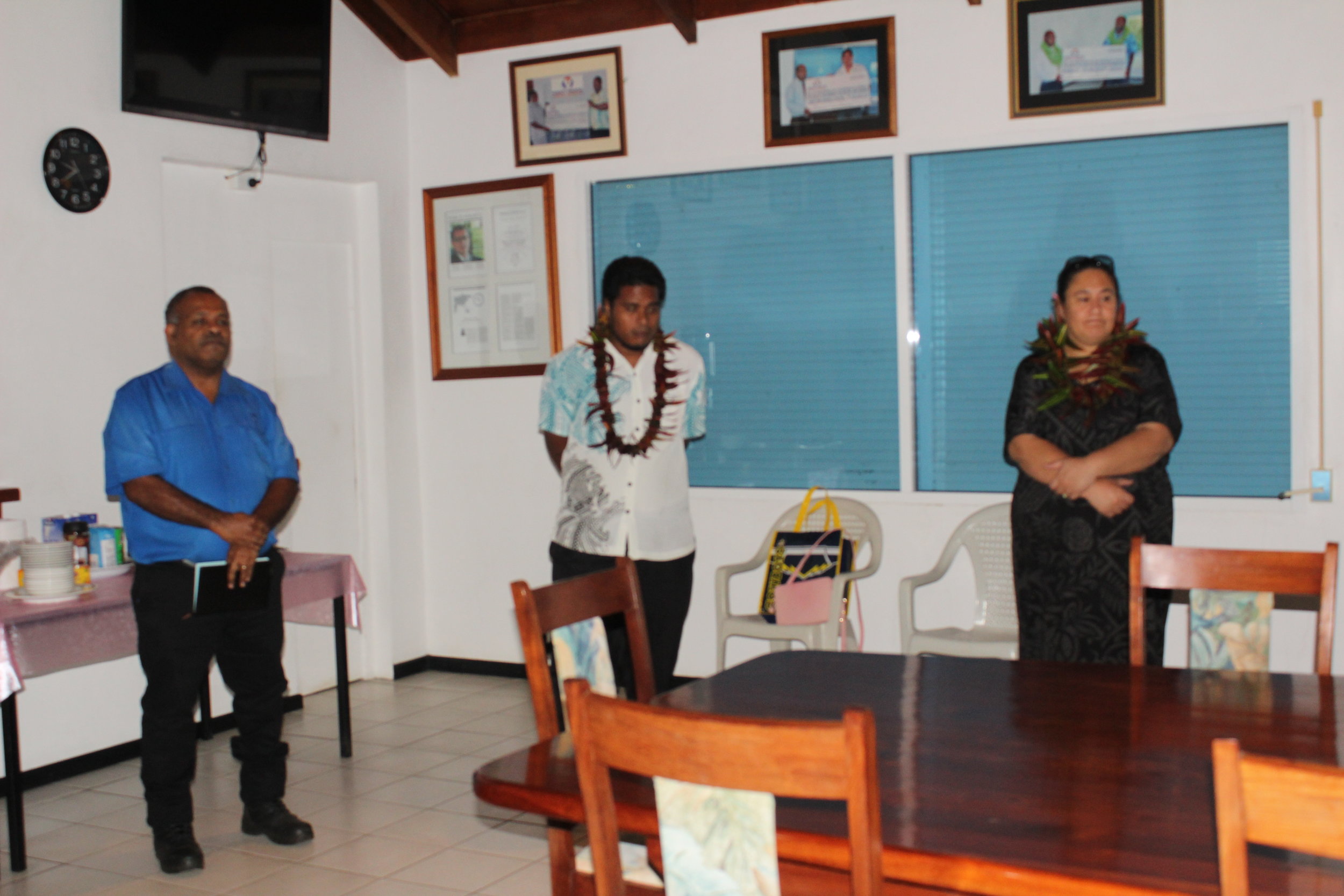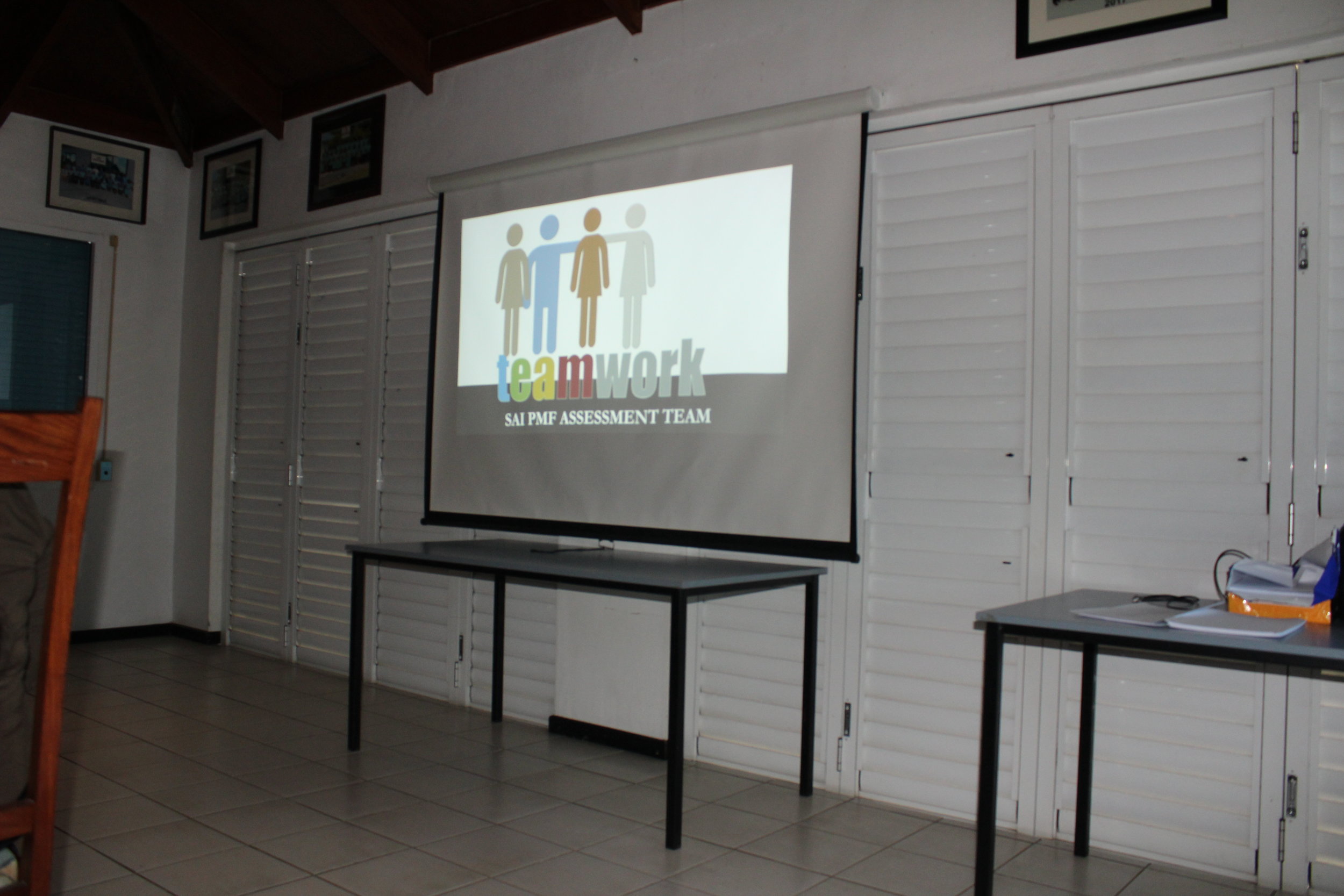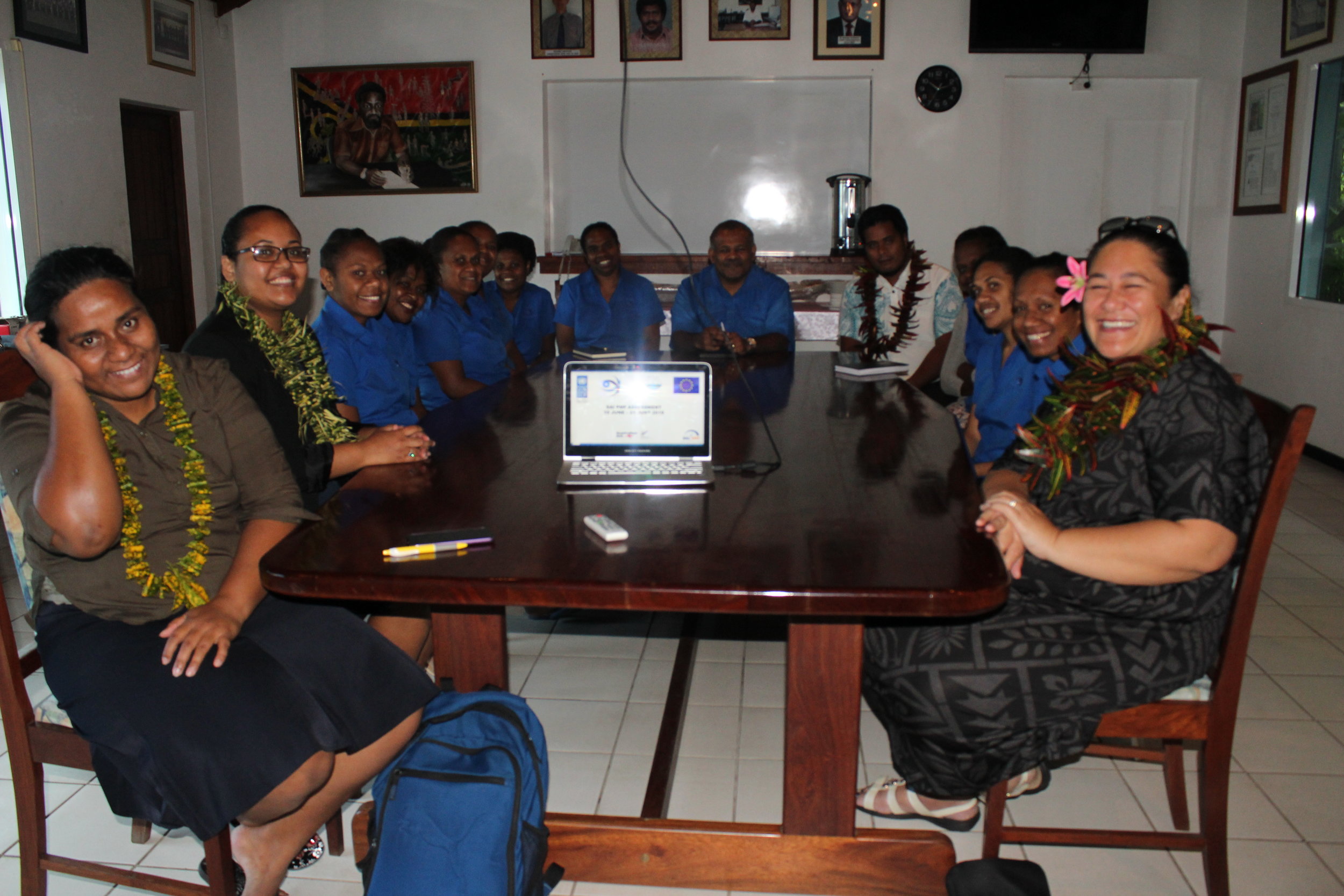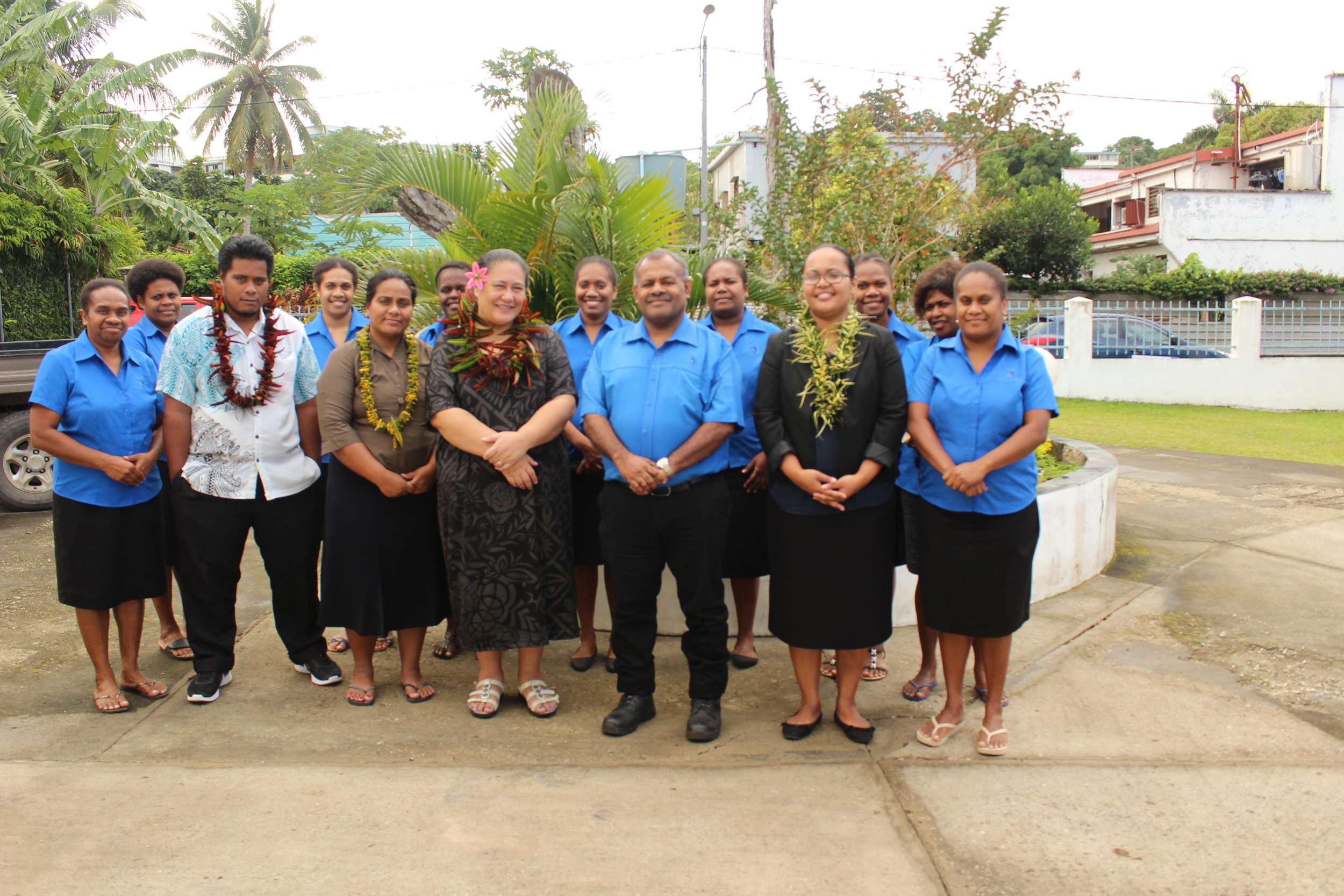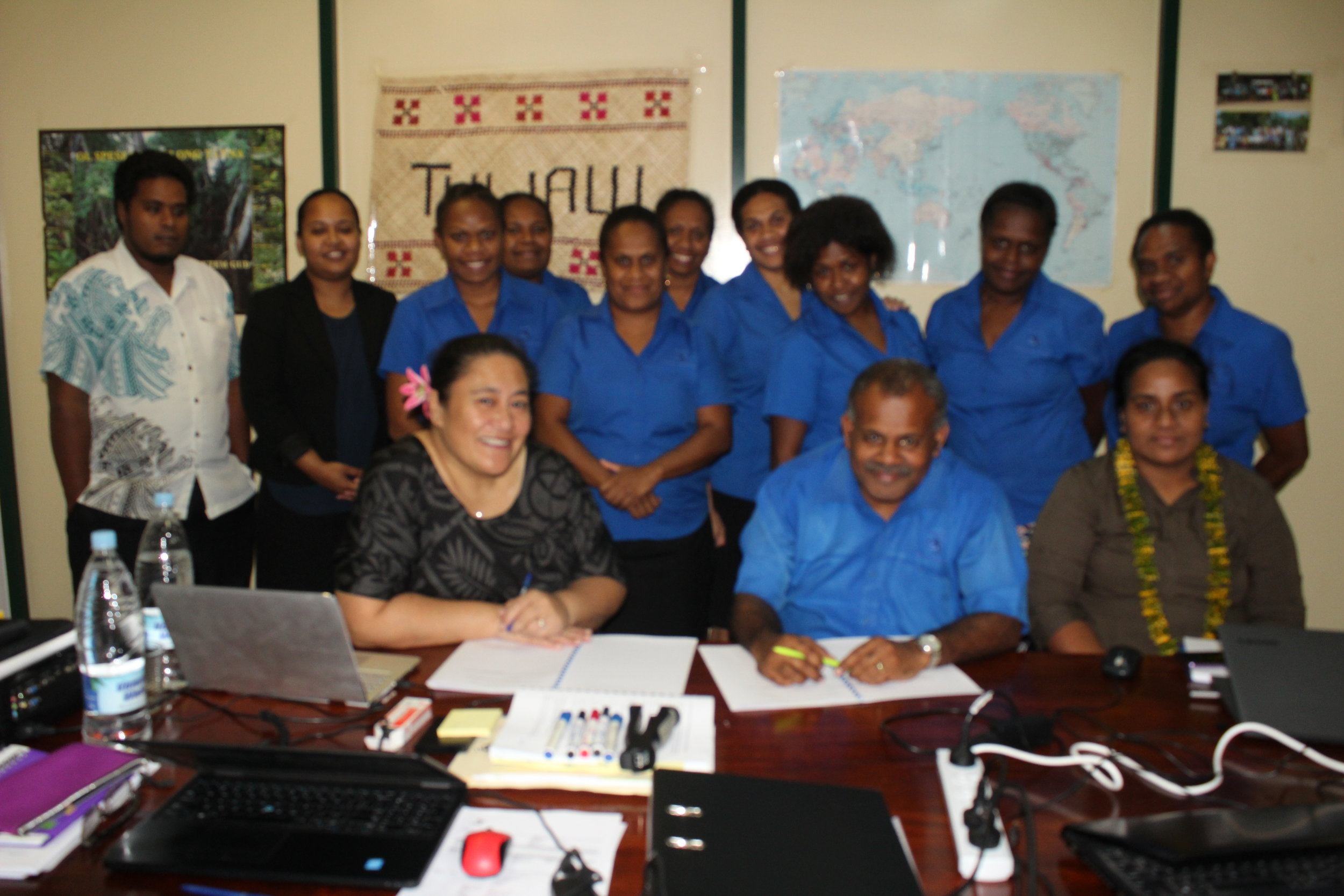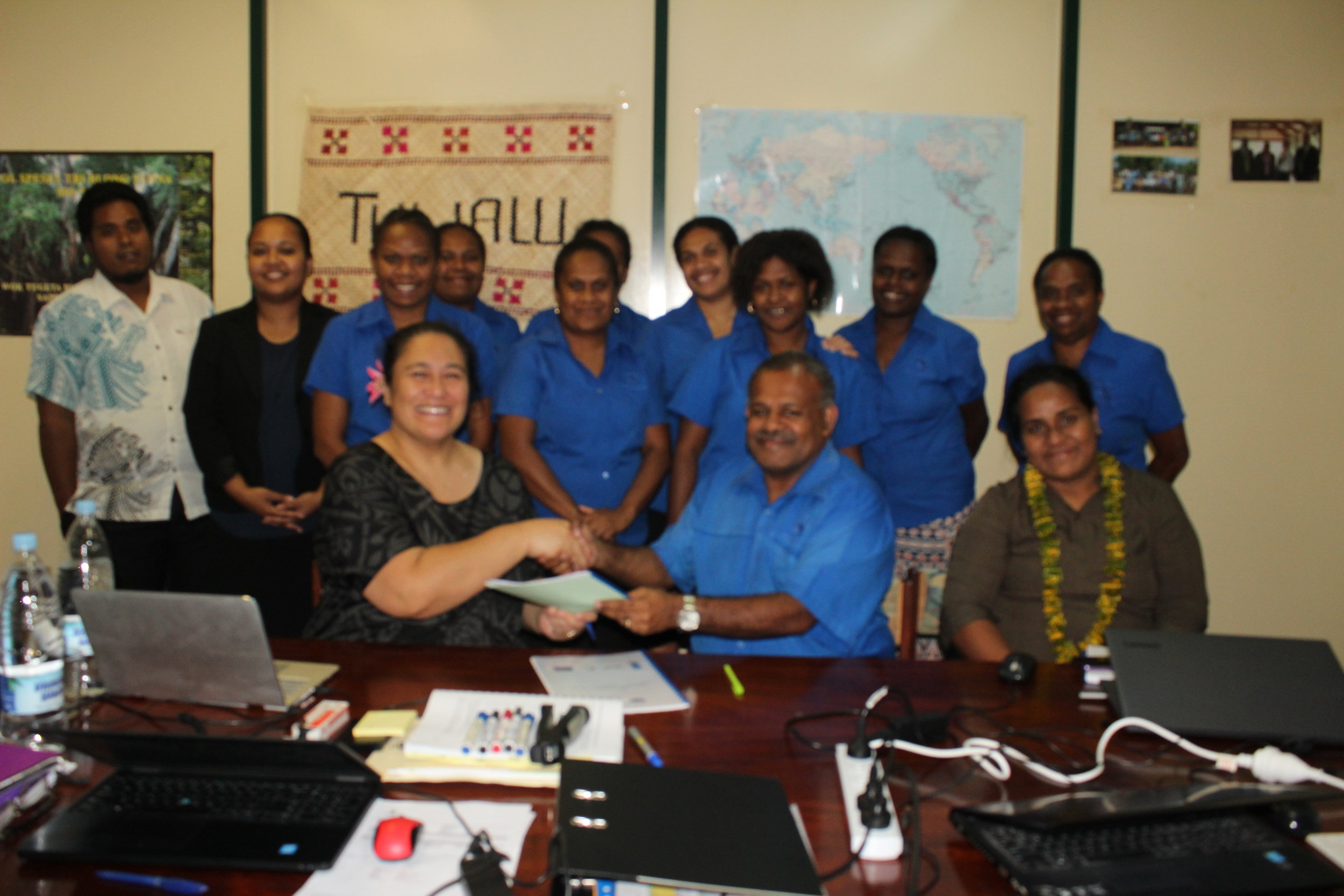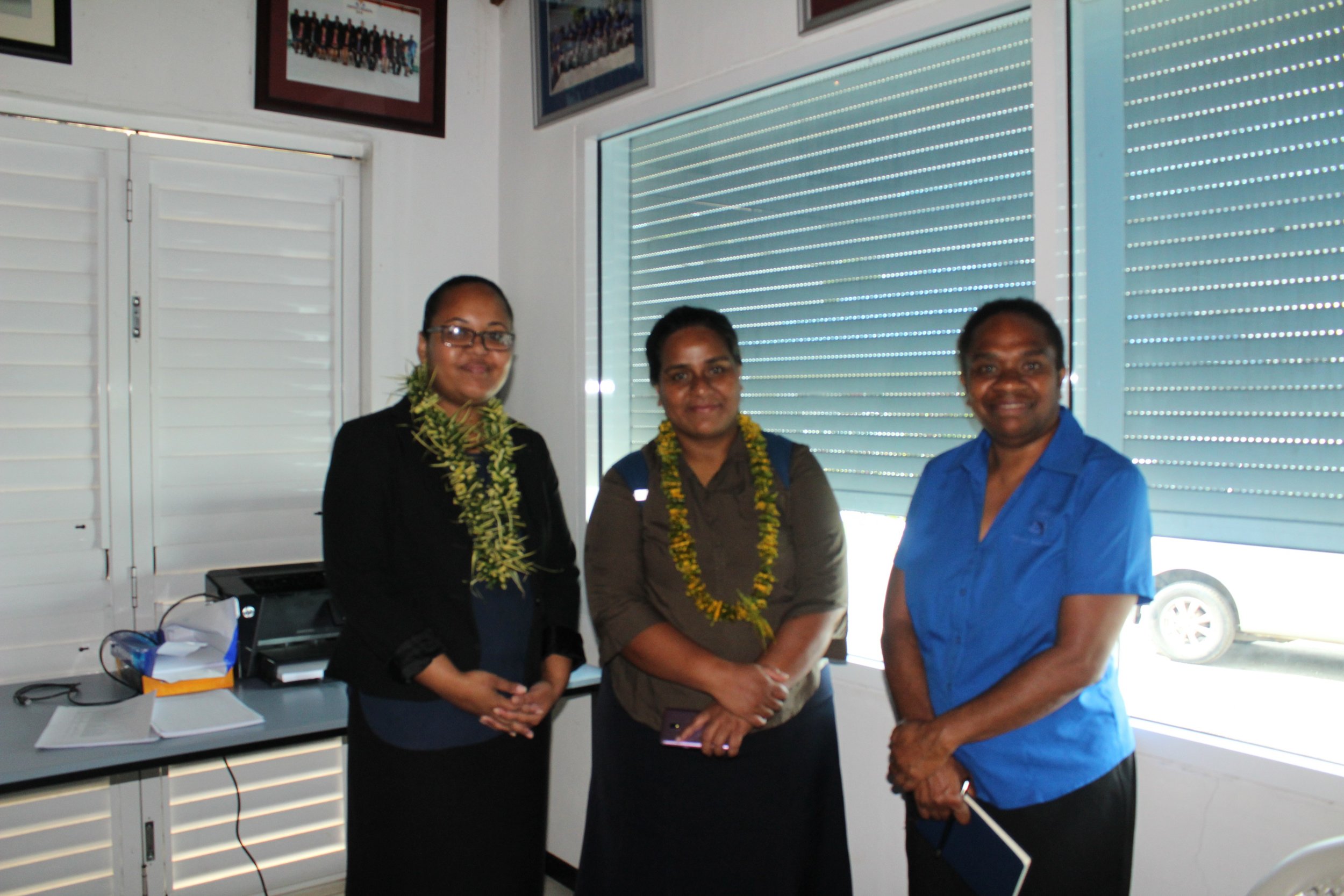22 March 2021
Auckland, New Zealand: The Pacific Association of Supreme Audit Institutions (PASAI) will be delivering live online training on Quality Control and Assurance on 22-24 March and 30 March 2021. PASAI recognizes the need to achieve sustainability by embedding good audit practice according to international audit standards. To assist SAIs to evaluate their audit work performance quality, PASAI has designed the "Enhancing Quality Control and Quality Assurance Systems" Programme – which comprises of two online workshops.
The initial online workshop on Quality Control and Assurance aims to build SAI capability on how to build a robust Quality Control and Assurance system, to enable SAIs to maintain a high degree of integrity, accountability, and competence. Nineteen participants (6 male, 13 female) from 10 public audit offices in the Pacific region are attending, including participants from SAIs Australia (Australian National Audit Office), French Polynesia, FSM National, Guam, Palau, Pohnpei, Solomon Islands, Tonga and Yap.
The second workshop focuses on the stages of the Peer Review process, its objectives, benefits and barriers and will be attended by 10 participants (2 male, 8 female) from 5 public audit offices in the Pacific region - participants from SAIs Fiji, FSM National, FSM Yap, Guam, and Vanuatu.
Training materials has been developed to meet the quality control and assurance requirements of SAI and its staff.
The program's focus is applied or action-based. It is designed to equip participants with practical guidance to apply their learnings into their business-as-usual work immediately.
Facilitation team
The facilitation team includes Tiofilusi Tiueti (Director Technical Support PASAI) and Gurdip Bhambra (Consultant).
This programme is funded through the Strengthening of Public Finance Management and Governance in the Pacific Project (PFM) project, which aims to strengthen oversight over public financial management in the Pacific region, though improving the budgetary scrutiny, public financial oversight and accountability capacities of parliaments, supreme audit institutions and civil society within the region, aligning with international public financial oversight and accountability standards, and fostering citizen engagement and oversight. Strengthening of Public Finance Management project is funded by the European Union (EU) and Implemented by the United Nations Development Programme (UNDP) in partnership with the Pacific Association of Supreme Audit Institutions (PASAI).
PASAI acknowledges the support of the EU and UNDP, and of the New Zealand Ministry of Foreign Affairs and Trade (MFAT) and the Australia Department of Foreign Affairs and Trade (DFAT).
-----END----
Contact information:
Ms. Esther Lameko-Poutoa, Chief Executive PASAI, Auckland, New Zealand
E: secretariat@pasai.org P: +64 9 304 1275






































![Auditor-General of Solomon Islands & Workshop participants & PASAI Director Technical Support [in front of SAI office]](https://images.squarespace-cdn.com/content/v1/57019a6db6aa607cbb909ab2/1585084133597-1UYKWI2U7MA27XY77SMV/Media+Release+Photo+Solomon+Islands.jpg)










